The global smartphone market continues to expand, with over 1.5 billion units sold annually. This massive demand creates lucrative opportunities in the phone case industry, where profit margins can reach 300-500% for customized products. But is phone case manufacturing truly profitable in 2025? This comprehensive guide examines market trends, production methods, and innovative solutions like fully automatic phone case vending machines to help you make an informed business decision.

The Phone Case Market: Current Landscape
According to recent industry reports, the global phone case market is projected to reach $45.8 billion by 2027, growing at a CAGR of 5.3%. Several factors contribute to this growth:
- Increasing smartphone ownership (over 6.8 billion users worldwide)
- Frequent device upgrades (average replacement cycle of 2-3 years)
- Growing demand for personalization and protection
- Emergence of eco-friendly materials as consumer preference
Profit Margins by Product Type
| Phone Case Type | Production Cost | Retail Price | Profit Margin |
|---|---|---|---|
| Basic silicone cases | $0.50-$1.50 | $5-$15 | 300-500% |
| Custom printed cases | $2-$5 | $15-$40 | 200-300% |
| Premium designer cases | $5-$15 | $40-$100+ | 150-250% |
Production Methods Compared
Your choice of manufacturing approach significantly impacts profitability. Let’s examine the most common methods:
1. Traditional Manufacturing
Involves bulk ordering from overseas suppliers (typically China). While unit costs are low, this method requires:
- Large minimum order quantities (500-1,000+ units)
- High upfront investment ($5,000-$20,000)
- Storage space for inventory
- Risk of unsold stock
2. Print-on-Demand (POD)
Services like Printify or Gelato handle production and shipping when orders come in. Benefits include:
- No inventory requirements
- Lower startup costs ($100-$500)
- Unlimited design options
However, profit per unit is typically lower ($5-$15 per case).
3. Automated Vending Solutions
Innovative companies like Wider Matrix offer phone case vending machines that combine the best aspects of both methods:
- On-demand production with no inventory
- Higher profit margins (70-85%) than POD
- 24/7 automated operation
- Interactive customer experience
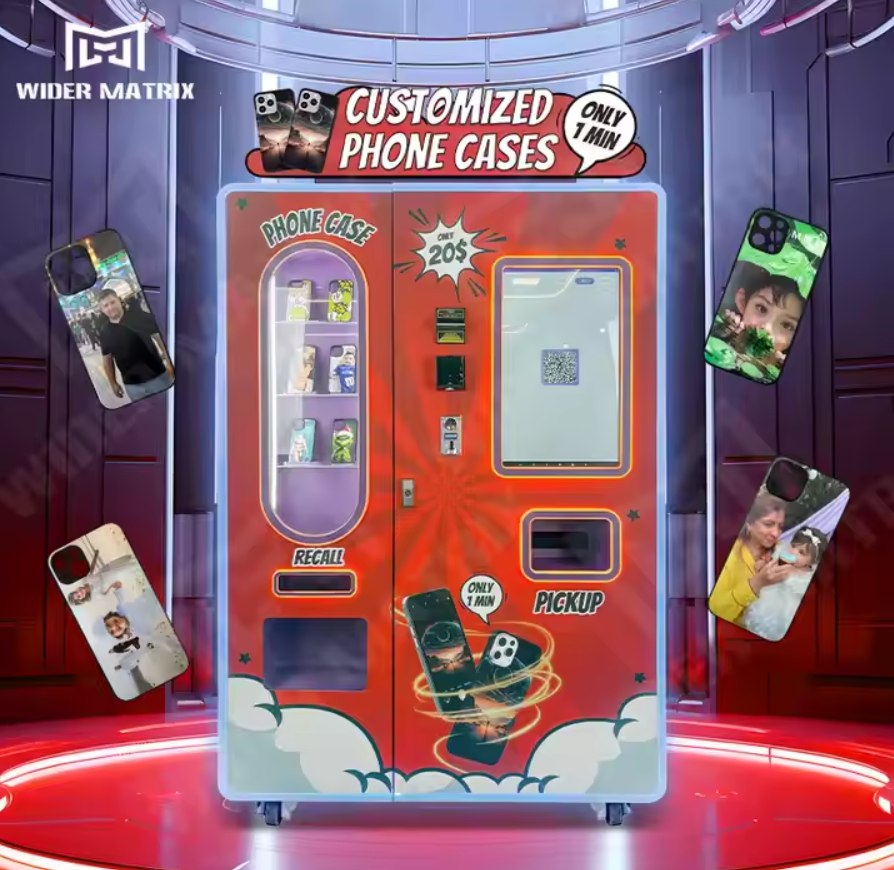
Key Profitability Factors
Several variables determine whether your phone case business will be profitable:
1. Production Costs
Includes materials, labor, and equipment. Automated solutions like the iPhone case vending machine from Wider Matrix can significantly reduce labor costs while maintaining quality.
2. Sales Channels
Consider multiple revenue streams:
- E-commerce (Shopify, Etsy, Amazon)
- Retail partnerships
- Vending machine placements
- Corporate/bulk orders
3. Differentiation
Stand out with:
- Unique designs or customization options
- Eco-friendly materials
- Smart features (e.g., wallet cases, battery packs)
- Limited edition collaborations
Wider Matrix Solutions for Maximum Profitability
As a leader in automated retail solutions, Wider Matrix offers cutting-edge technology that transforms phone case production:
- Fully Automatic Customization: Customers design their cases via touchscreen in minutes
- High-Quality Output: Professional-grade printing with durable materials
- 24/7 Operation: Generate revenue even when your store is closed
- Low Maintenance: Designed for continuous operation with minimal supervision
Their phone case manufacturing equipment is particularly valuable for:
- Mall kiosk operators
- Retail stores looking to add high-margin services
- Entrepreneurs seeking turnkey business solutions
- Entertainment venues wanting to enhance customer experience
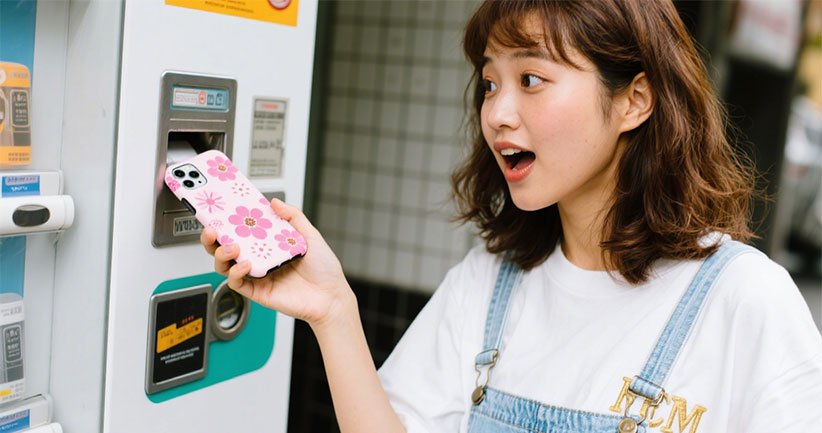
Related Topics
- Cell Phone Case Vending Machine
- How Much Can You Make with a Cotton Candy Machine?
- Is a Cotton Candy Machine a Good Investment?
- The Ultimate Guide to Cotton Candy Vending Machines
- Commercial Cotton Candy Vending Machines
Conclusion
Manufacturing phone cases can be highly profitable when you choose the right production method and sales strategy. While traditional approaches still work, automated solutions like those from Wider Matrix represent the future of retail – combining manufacturing efficiency with customer engagement. Whether you opt for e-commerce, retail partnerships, or innovative vending solutions, the key to success lies in differentiation, quality, and smart operational choices. With the global phone case market continuing to grow, now is an excellent time to enter this lucrative industry with the right tools and strategy.
FAQ
1. How much profit can I make from selling phone cases?
Profit varies by sales channel and production method. Traditional retail typically earns $5-$15 per case, while vending solutions like those from Wider Matrix can generate $15-$40 per case with higher margins due to automation.
2. What’s the best way to start a phone case business with limited funds?
Print-on-demand services require the least upfront investment ($100-$500), while automated vending solutions offer better long-term returns despite higher initial costs ($15,000-$30,000).
3. How does a phone case vending machine compare to traditional manufacturing?
Vending machines eliminate inventory costs, reduce labor, and provide instant gratification for customers. Wider Matrix’s custom phone case vending machine can produce cases in under 5 minutes with professional quality.
4. What phone case styles are most profitable?
Custom printed cases and premium designer collaborations typically command the highest margins, especially when offered through automated customization systems.
5. How does Wider Matrix’s technology improve profitability?
Their automated solutions combine manufacturing and retail into one efficient system, reducing overhead while enabling premium pricing for customized products. The machines are also internationally certified for quality and safety.
6. What’s the biggest challenge in the phone case business?
Standing out in a crowded market. Unique designs, superior quality, and innovative sales methods (like vending machines) help differentiate your offering.
7. Are eco-friendly phone cases profitable?
Yes, sustainable materials often command 20-30% price premiums. Many automated systems can accommodate biodegradable or recycled materials.


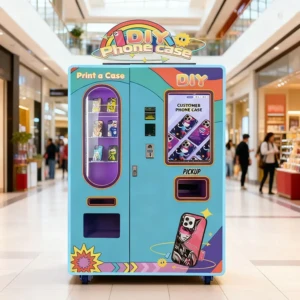
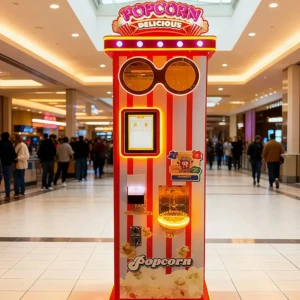
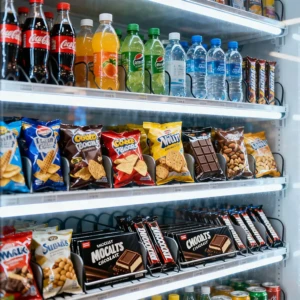

Comments
No comments yet. Be the first to comment!